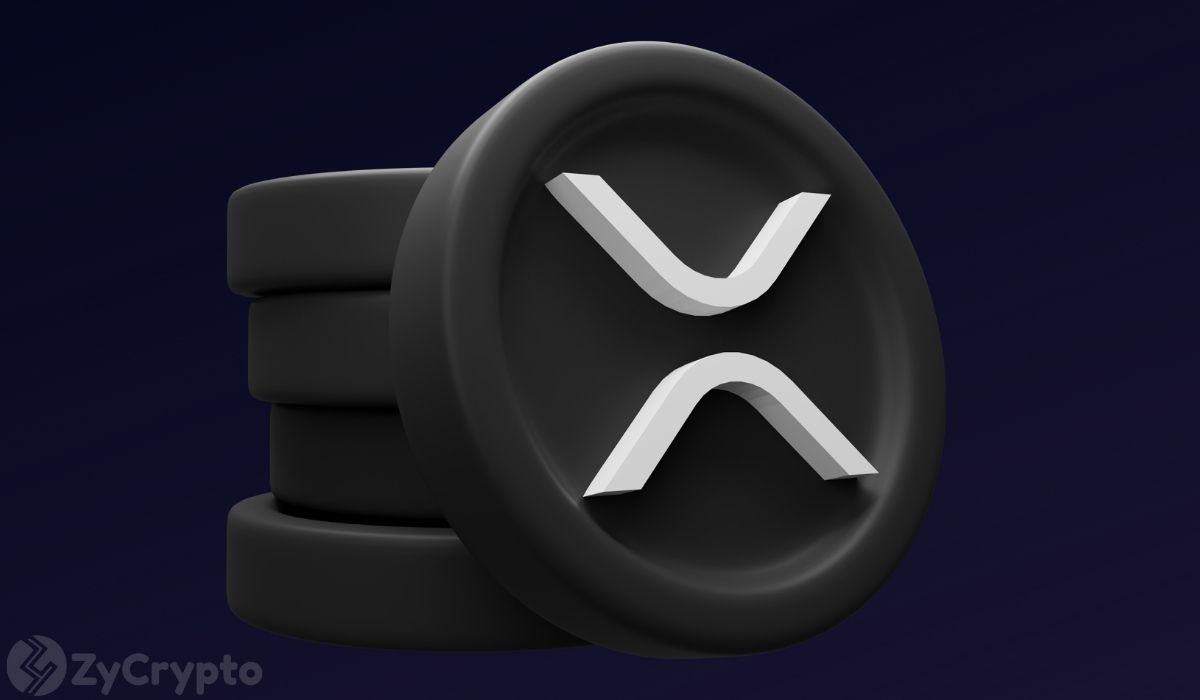Asheesh Birla, the general manager of RippleNet at Ripple, recently revealed that the company’s flagship XRP-powered remittance platform is on the brink of reaching global coverage.
The On-Demand Liquidity (ODL) product, which was previously known as xRapid, is designed to process cross-border payments fast and vastly cut costs. It’s utilized with the XRP token as a bridge between two fiat currencies for international transactions.
Ripple’s Vision Of Transforming The Payments Landscape
In the latest episode of “The Ripple Drop” released on March 17, Birla noted that the ODL is presently in operation in at least 22 destination markets.
Ripple has been busy striking partnerships with payments providers and crypto exchanges across the globe to facilitate real-time payments. Birla is extremely happy with the growth seen by RippleNet so far. The network hit a payment volume of over $11 billion by the end of 2021.
The Ripple exec also noted that cryptocurrencies have become more liquid in recent years, thus enabling instant settlement of payments globally. Ripple aims to offer its customers a better experience at a lower cost.
Back in November, Ripple revealed plans to launch a liquidity service that would give enterprise clients access to the bitcoin, ethereum, XRP, ethereum classic, bitcoin cash, and litecoin cryptocurrencies from a slew of exchanges and OTC desks around the world.
At the time, Birla suggested that the liquidity hub could be viewed as an “aggregator for various liquidity venues and individual assets, the way Google Flights is for airlines and flights.”
Ripple currently boasts a $15 billion valuation after buying back shares from its Series C financing round, as ZyCrypto reported. The San Francisco-based fintech firm is attempting to penetrate into the $2 trillion global payments business currently dominated by SWIFT.
Ripple’s Growth Unfazed By SEC’s Lawsuit
As ZyCrypto has covered severally, the US Securities Exchange Commission sued Ripple and two of its executives in late December 2020. In its filing, the regulator argued that Ripple has raised more than $1.3 billion in unregistered securities offerings since 2013.
The lawsuit badly affected Ripple’s business with many leading exchanges either delisting or suspending trading of its XRP cryptocurrency. But instead of settling with the SEC, Ripple decided to stand up against the securities watchdog in an ongoing brutal courtroom scuffle.
Interestingly, Ripple CEO Brad Garlinghouse, who’s one of the individual defendants in the lawsuit, has clarified that the blockchain payments firm continues to grow and sign new customers despite the legal hurdles.
Now that Ripple has already proven that XRP-based On-Demand Liquidity is capable of changing the cross-border payments landscape owing to the low costs and a faster turnaround, it won’t be surprising to see the service achieve global coverage as Birla suggests.







